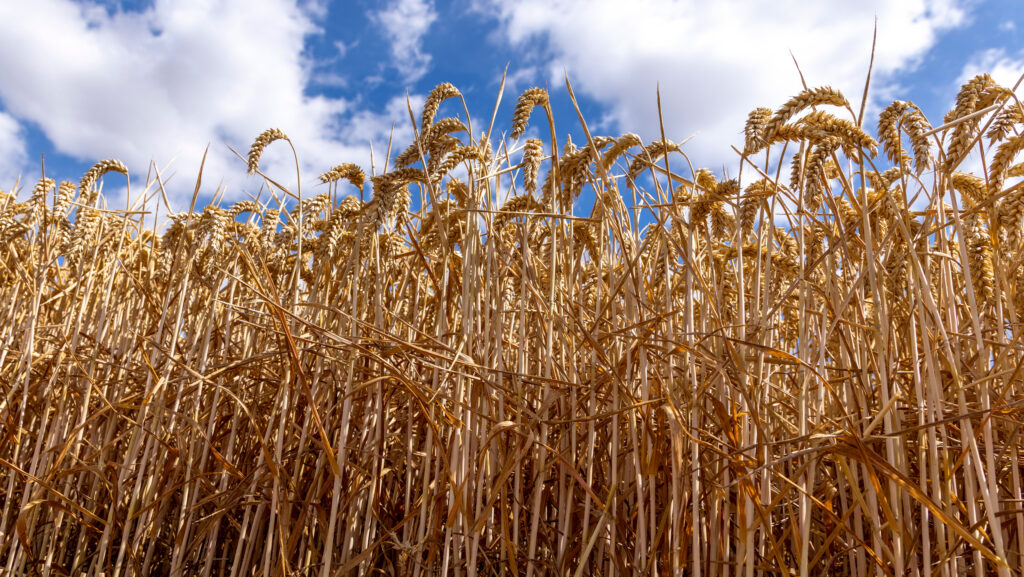Opinion: ‘Nirvana is just two farming failures away’
 © GNP
© GNP Apparently Winston Churchill once said that “success is going from failure to failure without losing your enthusiasm”.
I’m sure we all look for success by improving what we do, whether it’s trialling a new crop variety, livestock genetics or a machinery demo.
You need to be an optimist (and sometimes an opportunist) to push past the status quo.
See also: Opinion – being a farmer has more upsides than down
Tooling around the farm on the combine – the acid test of what’s worked and what hasn’t – I found myself reflecting on all the things we have tried in the past six years.
There have been more tweaks than I can remember, starting shortly after we took on the tenancy when I signed up to trialling lupins as a source of protein for animal feed.
This led to attempts to establish a “living mulch” understorey in cereals. Noting the hungry look of both soil and crops, we tried spraying various mixtures of fulvic and humic acids and molasses.
Then a chap up the road started a business supplying fermented seaweed, so we applied a bit of that, too.
Accidentally finding myself in the wrong seminar tent at Groundswell inspired experiments in chipping brash from fallen trees and mixing woodchip into composted manure.
An ex-student I taught at Duchy College resurfaced a few years ago as a passionate salesman for the newly arrived “bokashi” system, so we used it to ferment the dung heap to see what happened.
In recent years we’ve been involved with Organic Arable’s catchily named “LiveBean” project. Most of ours stayed generally alive, and when they fall over I also know which varieties eight out of 10 pigeons prefer.
Mucking around in the workshop with an old Simba Freeflow seed drill enabled experiments with minimal cultivations.
I can confirm that I’ve moved arable agriculture no closer to the holy grail of organic direct drilling, but we did get quite good at inter-row hoeing.
Some of these experiments had surprising results and some were irrelevant; but all challenged the way I think about our business.
A few of them boosted the farm’s bottom line and none really cost very much to do.
There is a great array of free help and research available if you look around.
Groups such as the brilliant Innovative Farmers (to name but one) provide inspiration, create introductions and keep the wellspring of enthusiasm topped up.
Trying fresh ideas provides a great chance to make new acquaintances and exchange knowledge.
We even hosted a “Grand Unveiling of the Dung Heap” event with the bokashi.
The lupins led to a fleeting 15 minutes of fame on Countryfile, the woodchip and resultant fungi in composted manure is fascinating, and the repeated spraying of our organic fields has given the neighbours something to gossip about.
I have also discovered that to be a diligent researcher you need patience – and if I had any patience we’d still be sitting on a 100-acre council farm.
I really ought to be looking for small incremental gains rather than the “silver bullet” that will make me a millionaire by this time next year.
Some of our crop trials were doomed to failure but, even then, you still get researchers producing a lot of graphs to bamboozle people like me into thinking I’ve done something meaningful.
And I’m always hopeful that farming nirvana is just a couple more failures away.

